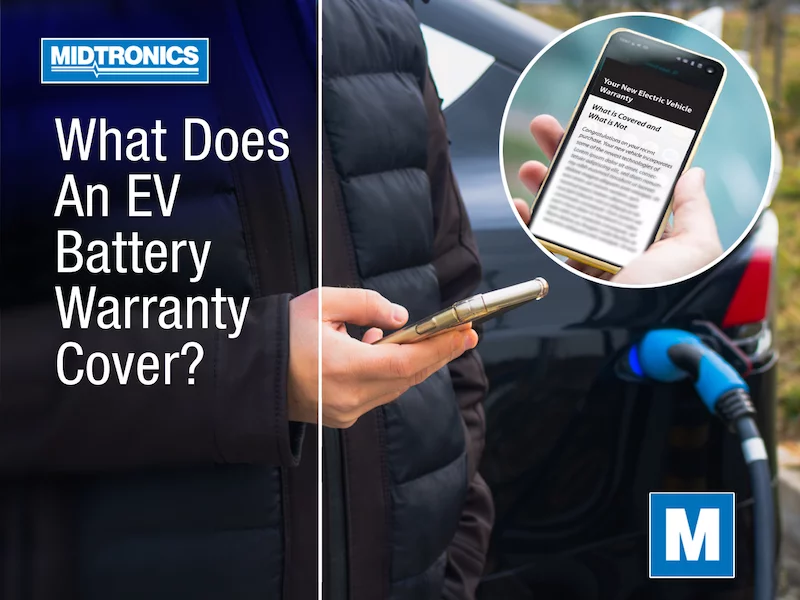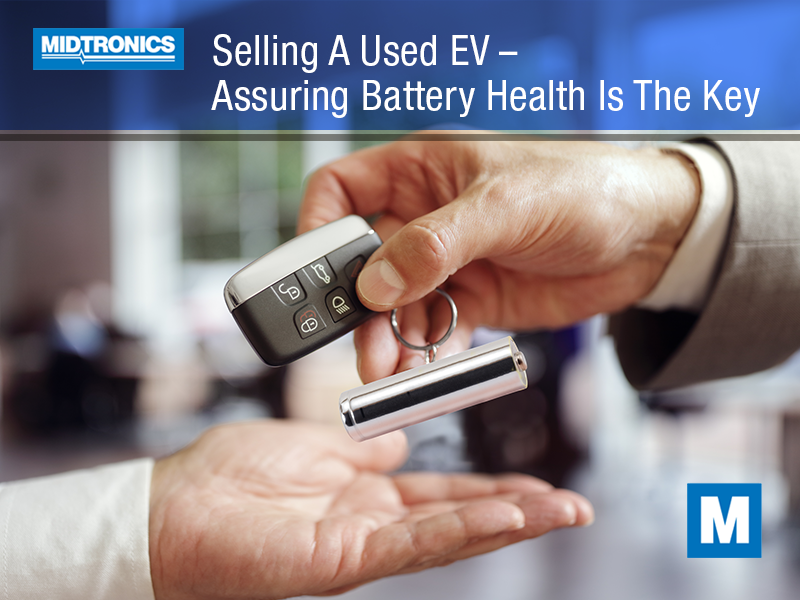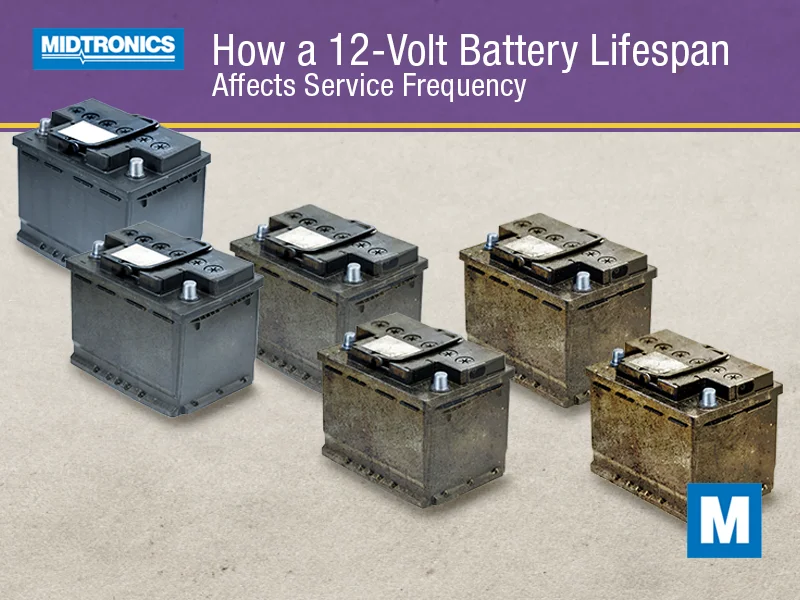Electric cars are still relatively new to the market, and you might have questions about their viability. One specific area of concern is the battery pack, a highly technical storage device for high voltage that the electric motors need to operate. With few models that have been around as case studies for car buyers to refer to, hesitation to adopt an EV is natural, especially with the cost of a new battery pack being a major chunk of what the car costs new.
It helps to understand the coverage EV batteries have under the manufacturer’s warranty. With this knowledge, you might become more comfortable with parking an EV in your driveway or recommending one to a friend, family member, or – if you’re in the car industry – a customer.
Federally Mandated Warranty for EV Batteries
It will immediately help to settle your nerves about EVs when you know that the federal government has mandated an extended time and mileage for all carmakers selling their EVs in the US. It’s law that all electric car battery packs carry a minimum warranty period of eight years or 100,000 miles from the time that they’re put into service from new.
A typical new car warranty is just three years or 36,000 miles, and the powertrain warranty on gas-powered vehicles is normally five years or 60,000 miles. That’s for technology that’s been in use for more than a century. When you look at the comparable warranty on an EV – the battery pack is similar to the engine on an ICE vehicle – it’s surprising and comforting to know that the warranty goes for longer and further.
California is an exception to the (federal) rule. This early adopter state has compelled manufacturers to provide a 10-year, 150,000-mile warranty on new EV batteries.
Some Carmakers Go Beyond
However, eight years and 100,000 miles is the minimum battery coverage on new cars. Some manufacturers have taken the step of offering longer warranties on their EV battery systems. It’s not uncommon to find manufacturers, both legacy and startup, that offer 10 years of coverage. One carmaker offers up to 175,000 miles of warranty on the high-voltage battery.
Replacement Is Often Based on Remaining Capacity
Carmakers normally have specific criteria to determine when an electric car battery can be replaced under warranty. These criteria may include factors such as the capacity of the battery or how much it has degraded over a certain period of time. Additionally, carmakers may also take into account the number of charging cycles the battery has undergone, as well as the conditions it has been exposed to, such as extreme heat or cold.
Typically, carmakers will replace an electric car battery under warranty if it falls below a certain capacity level. This threshold varies between carmakers, but the most common level is around 70 to 80 percent of the battery’s original capacity. If the battery falls below this level within a certain number of years or a set number of miles, then it is usually covered under warranty. This state of health (SOH) metric tends to be popular because
Of course, different carmakers may have slightly different policies and procedures when it comes to replacing electric car batteries under warranty, and some only cover the replacement if there’s a defect that incapacitates the battery or becomes a safety concern.
Physical Damage is Not Warrantable
One reason that warranty coverage is likely to be refused on any EV battery is if it’s sustained physical damage in any way. For example, an impact that has compromised the battery pack’s integrity – the kind of damage you’d find as a result of an accident – wouldn’t be considered warrantable. That’s because warranty only covers defects or failures due to issues from manufacturing, not from outside influences that aren’t under the carmaker’s control.
The same would be true if the battery has been tampered with by someone who isn’t authorized to service the battery on behalf of the manufacturer. Or, if the car has been deemed a total loss by an insurance company, the warranty on the complete vehicle – not just the battery pack – would be considered void, even if it’s been repaired and approved to be back on the road.
If you’re buying a used electric vehicle, it’s important to perform a vehicle history check on it so you can ensure the title is clear and hasn’t been branded. It’s not to say that the battery is bad, but there won’t be any warranty coverage for it.
Service Is Necessary to Keep Battery Life
Like changing fluids, spark plugs, and other maintenance items in a gas-powered car, there may be EV services necessary to keep your battery warranty in effect. Many batteries use a cooling system, for example, and the fluid will eventually need to be changed. There may also be requirements to condition your battery at specific intervals, or your vehicle usage may need to prove that you’re recharging the battery in an approved manner and to proper levels.
The maintenance recommendations, if necessary, will be spelled out in the literature provided by the carmaker. If you’re in the process of shopping for an EV, it’s a good idea to ask the sales representative or product advisor for maintenance needs in writing so you can be aware of what you’ll need to do.
Fortunately, even at 80 percent – or even at 70 percent – of a battery’s state of health, that can mean hundreds of miles of range on a single charge for some of the EVs on the market now. Other models that are coming might even be better yet. And as battery technology improves, you can expect that the already rare instances of battery problems will become even rarer.




